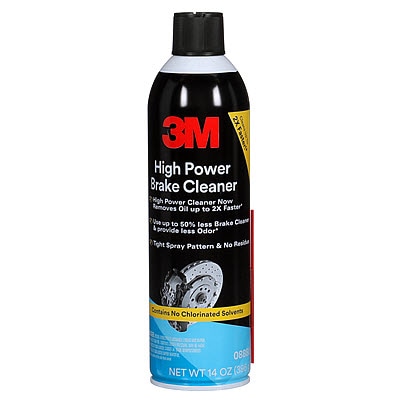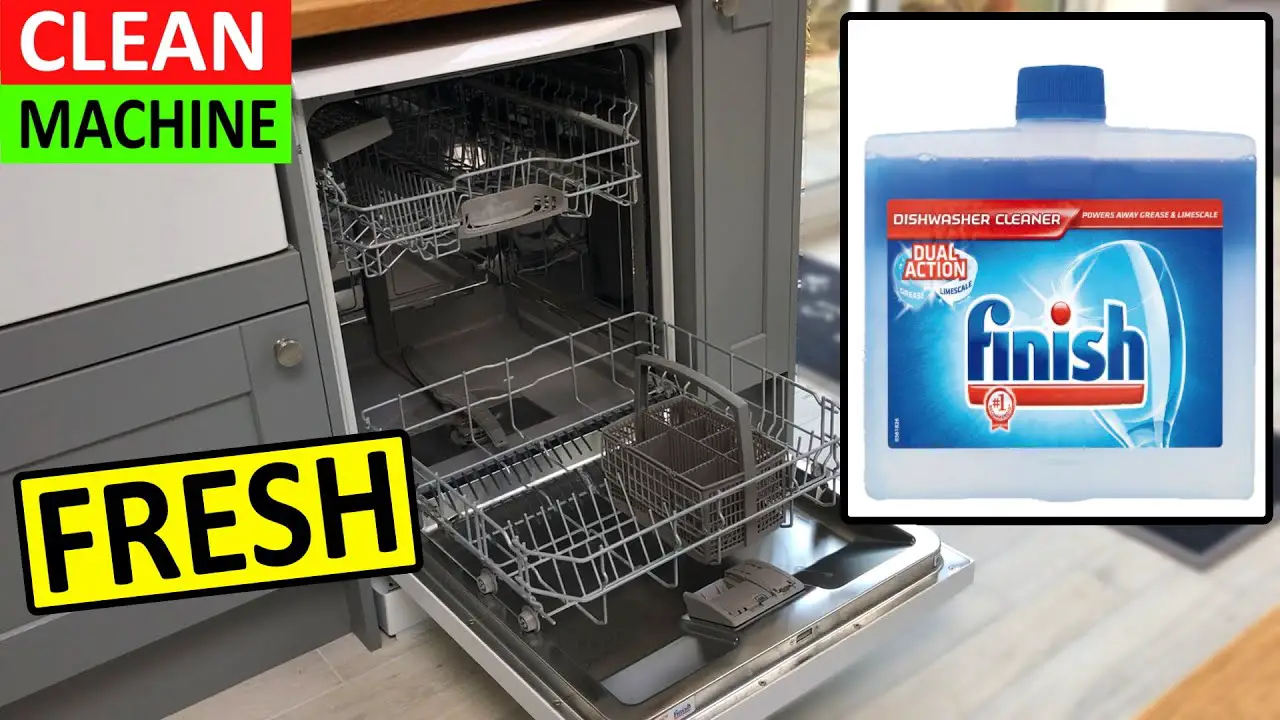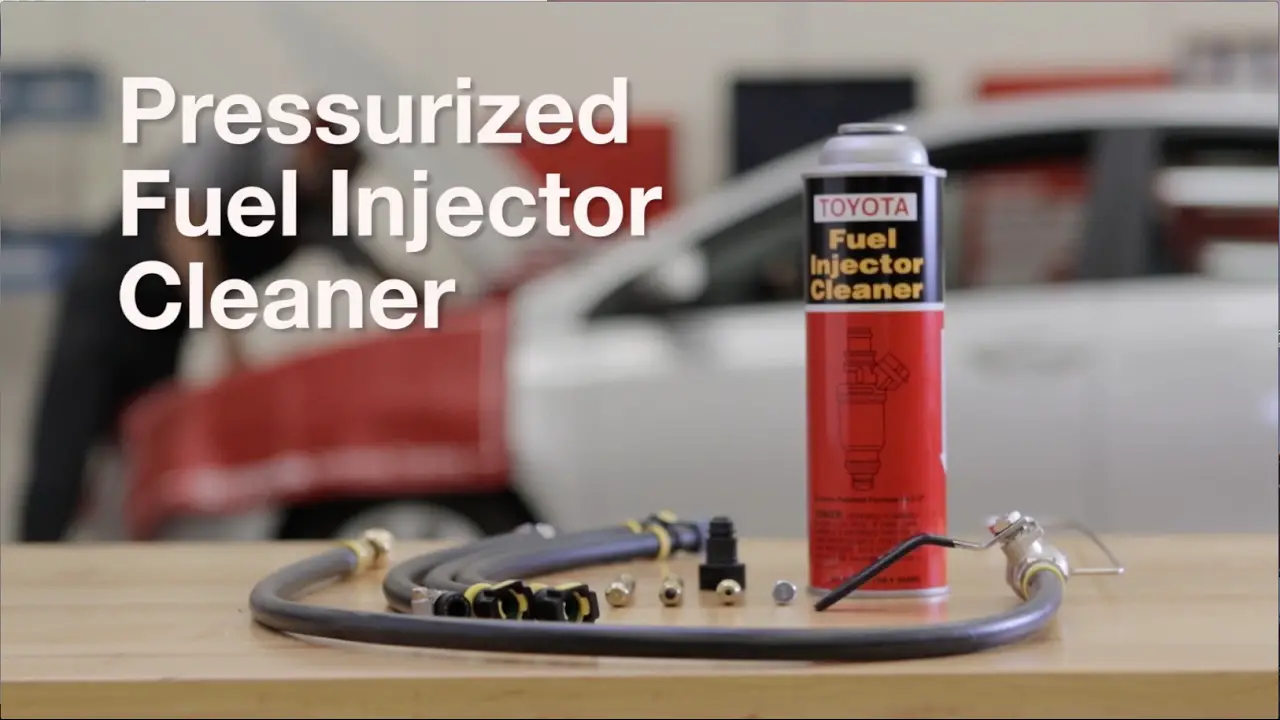Brake cleaner does not get you high, and there is no scientific evidence to support this claim. The chemicals in brake cleaner can be harmful and pose serious health risks when inhaled.
Exposure to Tetrachloroethylene, a chemical found in some brake cleaners, can cause respiratory irritation, shortness of breath, nausea, and even unconsciousness and death in extreme cases. It is important to avoid inhaling brake cleaner fumes and seek medical attention if any adverse symptoms occur.
Understanding The Misconception
Using brake cleaner as a means to get high is a dangerous misconception. Inhaling brake cleaner fumes can lead to severe health issues, such as respiratory irritation and even death. It’s important to debunk this myth and prioritize safety when using brake cleaning products.
The claim of brake cleaner giving a brief high:
- Sniffing Brake Cleaner: It is believed by some individuals that sniffing brake cleaner can induce a brief high similar to the effects of other inhalants.
- Chemical Components: The supposed high is attributed to the presence of chemicals like Tetrachloroethylene in brake cleaner.
- Misguided Perception: This misconception might arise from the fact that some inhalants do produce euphoric effects. However, it is essential to understand that brake cleaner is not intended for recreational use.
Lack of scientific evidence supporting this claim:
- Negligible Research: There is a lack of scientific studies and research that conclusively prove the ability of brake cleaner to cause a high.
- Recognized Hazards: Instead, the harmful effects of brake cleaner have been well-documented, emphasizing the dangers of inhaling its fumes.
- Health Risks: Prolonged exposure to brake cleaner fumes can lead to respiratory irritation, fluid build-up in the lungs, shortness of breath, and even unconsciousness or death in extreme cases.
The claim that brake cleaner can provide a brief high is a misconception. Scientific evidence is lacking, and instead, brake cleaner poses significant risks to one’s health when inhaled. It is crucial to prioritize safety and follow proper usage guidelines for brake cleaner to prevent any harm.

Credit: lubeckprofiles.com.br
The Dangers Of Brake Cleaner Inhalation
Inhaling brake cleaner can have serious health risks, but it does not get you high. Short-term exposure to the chemicals in brake cleaner can cause respiratory irritation, fluid build-up in the lungs, and even death in extreme cases. It is important to handle and use brake cleaner with caution to avoid any potential dangers.
Short term exposure to higher levels of tetrachloroethylene:
- Fluid build-up in the lungs: Inhaling brake cleaner can lead to the accumulation of fluid in the lungs, which can interfere with normal breathing.
- Respiratory irritation: The chemicals in brake cleaner can cause irritation in the respiratory system, leading to discomfort, coughing, and wheezing.
- Severe shortness of breath: Prolonged inhalation of brake cleaner can result in severe difficulty in breathing, leading to a feeling of suffocation.
- Sweating, nausea, and vomiting: Exposure to brake cleaner fumes can cause sweating, as well as symptoms of nausea and vomiting.
Extreme cases and potential risks:
- Unconsciousness and death: In severe cases, inhaling brake cleaner fumes can lead to loss of consciousness and, in the worst-case scenario, even death.
- Seeking immediate medical attention is crucial in situations where brake cleaner inhalation has occurred.
Remember, brake cleaner is not meant to be intentionally inhaled and should only be used in a well-ventilated area to ensure your safety.
The Risks And Consequences
Brake cleaner does not get you high, but inhaling the fumes can have serious risks and consequences. Short-term exposure to higher levels of the chemicals in brake cleaner can cause respiratory irritation, nausea, and even unconsciousness. It is important to avoid inhaling these fumes and seek medical attention if necessary.
911 or a poison control center immediately for further treatment advice. If swallowed: Rinse mouth. Do NOT induce vomiting. Do not use this product in closed spaces or for intentional inhalation. Seek medical attention if symptoms persist or if there are any concerns about potential exposure.
Multiorgan Failure From Brake Cleaner Inhalation:
- Inhalation of brake cleaner aerosols can lead to multiorgan failure.
- Inhalation can cause severe lung and brain damage.
- Histology studies have shown hemorrhagic lung edema and brain edema with encephalomalacia.
- It is crucial to avoid inhaling brake cleaner to prevent these serious health risks.
Severe Lung And Brain Damage:
- Inhaling brake cleaner can cause severe damage to the lungs and brain.
- The lungs can develop fluid buildup, leading to respiratory irritation and shortness of breath.
- Extreme cases of exposure to this chemical can result in unconsciousness and even death.
- The brain can also be affected, with brain edema and encephalomalacia being observed in histology studies.
Sudden Sniffing Death And Prevention Of Self-Rescue:
- Inhalation of brake cleaner aerosols can lead to sudden sniffing death, which can prevent the ability for self-rescue.
- Sniffing substances like brake cleaner can have immediate and fatal consequences.
- It is essential to educate individuals about the dangers of inhalants and the importance of seeking help if someone is at risk.
- Prevention measures such as promoting awareness, proper ventilation, and safe use of chemicals can help reduce the incidence of sudden sniffing death.
Remember, brake cleaner is not meant to be inhaled and doing so can have severe consequences for your health. Always use it in well-ventilated areas and follow the manufacturer’s instructions for safe use. If you or someone you know has inhaled brake cleaner and is experiencing symptoms, seek medical attention immediately.
Safety Measures And Actions
Using brake cleaner as a means to get high is a dangerous and potentially deadly action. Inhaling the fumes can cause respiratory irritation, fluid buildup in the lungs, and even unconsciousness or death. It is important to prioritize safety and avoid using chemicals in a harmful manner.
Handling eye irritation from brake cleaner inhalation:
- Rinse eyes thoroughly with water for 15 minutes, ensuring all traces of brake cleaner are removed.
- Seek immediate medical attention if eye irritation persists or worsens.
Removing a person to fresh air if inhalation occurs:
- Move the affected individual to a well-ventilated area with fresh air.
- Ensure they are away from the source of brake cleaner fumes.
- Monitor their breathing and seek medical attention if symptoms persist or worsen.
Calling a poison center or doctor if feeling unwell:
- If you experience dizziness, nausea, headache, or other symptoms after inhaling brake cleaner, contact a poison center or seek medical advice.
- Provide relevant information about the product, including its name and ingredients, to the medical professional.
Immediate action for swallowed brake cleaner:
- Do not induce vomiting unless advised by a medical professional.
- Seek immediate medical attention or call a poison center.
- Provide clear and accurate details regarding the ingestion of the brake cleaner.
Remember, it is essential to follow these safety measures and take appropriate actions if you experience any adverse effects from brake cleaner inhalation or ingestion. Your well-being is of utmost importance, so seek medical assistance whenever necessary.
Frequently Asked Questions On Does Brake Cleaner Get You High
What Happens If You Sniff Brake Cleaner?
Short term exposure to high levels of brake cleaner can cause respiratory irritation, fluid buildup in the lungs, sweating, nausea, and even unconsciousness or death. It is not safe to sniff brake cleaner.
What Happens If You Inhale Too Much Brake Cleaner?
Inhaling too much brake cleaner can cause respiratory irritation, fluid build-up in the lungs, shortness of breath, sweating, nausea, vomiting, and in extreme cases, unconsciousness and death.
Is Brake Cleaner An Inhalant?
No, brake cleaner is not an inhalant.
What To Do After Inhaling Brake Cleaner?
After inhaling brake cleaner, remove yourself to fresh air and ensure you can breathe comfortably. If eye irritation persists, seek medical advice. If you feel unwell, call a poison center or doctor. If swallowed, immediately call a poison center or doctor.
Conclusion
The question of whether brake cleaner can get you high is a controversial one. While there are claims that inhaling the chemicals in brake cleaner can induce a brief high, there is no scientific evidence to support these claims. However, it is important to note that brake cleaner, particularly those containing tetrachloroethylene, can be extremely dangerous to inhale.
Short-term exposure to high levels of this chemical can result in respiratory irritation, fluid buildup in the lungs, and even unconsciousness or death in extreme cases. Therefore, it is crucial to exercise caution and avoid inhaling brake cleaner or any other volatile substances.
If accidental inhalation occurs, it is advisable to seek immediate medical attention and follow the necessary steps for treatment. Stay safe and prioritize your health by avoiding the misuse of brake cleaner and other potentially harmful substances.





